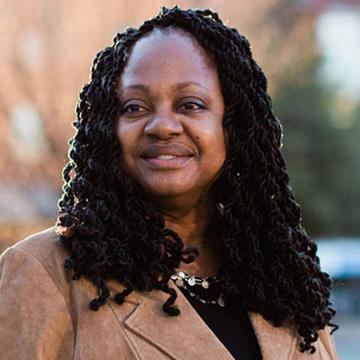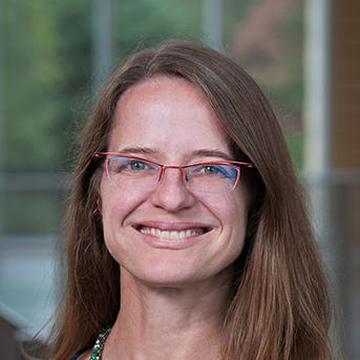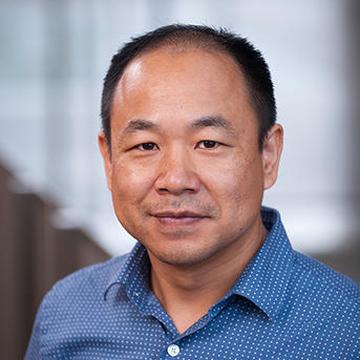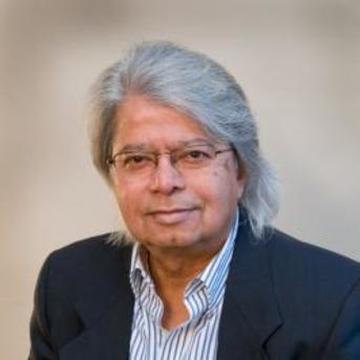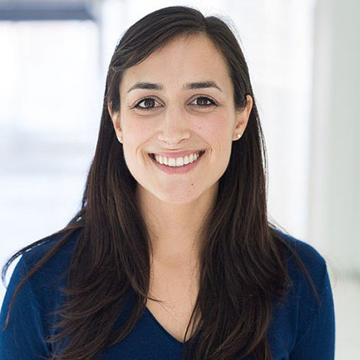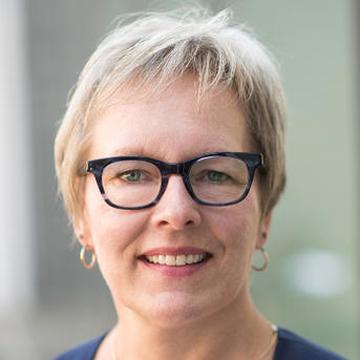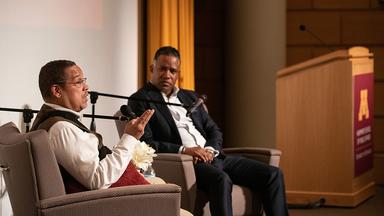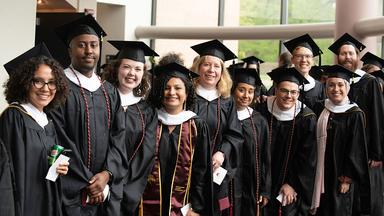With the 2020 election less than a week away, we asked Humphrey School faculty and staff to weigh in on the issues they felt were most pressing for the next administration to address. From global policy to infrastructure, the following were responses submitted by Humphrey School experts.
Global Policy
Ambassador Bonnie Jenkins
Senior Fellow in Global Policy
There are many areas in which the president-elect can focus efforts. One of those areas is to improve our relations with our allies and multilateral organizations. Our relationships with our strongest allies (France, Germany, Canada, United Kingdom) and NATO, for example, are at a very low point. We need to strengthen these ties because the United States will be in a position where it will need to rely on and partner with countries as we address current and future upcoming international threats, such as climate change, infectious disease, and weapons of mass destruction. The United States must also strengthen its relationships with multilateral organizations. As a case in point, we should re-engage with the World Health Organization. COVID-19 and future global infectious diseases can only be addressed by working with other countries and leading multilateral organizations. The U.S. must recognize that it exists within a global community of states and organizations, and should, therefore, be a partner.
Equity
Christina Ewig
Professor, Director of Center on Women, Gender, and Public Policy
Equity can only occur when intersecting forms of inequalities are addressed, and therefore no one policy focus can suffice. Yet, in setting priorities on which policy area to tackle first, the crisis of COVID-19 has brought into greater focus than ever before the need for universal health insurance not tied to employment. A pandemic, coupled with soaring unemployment, has resulted in many additional Americans without adequate health insurance, on top of already existing deficits. At the same time, the disproportionate death rates due to COVID-19 in communities of color have magnified the racial disparities of our healthcare system. Universal, single-payer health insurance that includes coverage of services specific to women and transgender individuals is a much-needed policy reform that could begin to address intersecting economic, gender, and racial disparities. The urgency of the current healthcare crisis should spur the president elect to take action on this front.
Transportation and Infrastructure
Jerry Zhao
Director of Master of Public Policy Program and Director of Institute for Urban and Regional Infrastructure Finance
For decades, the whole country has been facing a huge infrastructure gap, which is exacerbated by factors such as climate and technological change. Not only are new facilities not built to meet growing needs, there has been a rising backlog of deferred maintenance. The infrastructure crisis hinders economic development and causes widespread harm, especially to disadvantaged groups. To overhaul the crippled infrastructure funding system, the new president should leverage bipartisan support to come up with new solutions that are realistic, timely, and balanced. Strategies should be explored from both the revenue and expenditure sides and toward a wide range of goals, including efficiency, equity, and additional democratic values.
Frank Douma
Research Fellow, Director of State and Local Policy Program
Transportation is a fertile area for improving and ensuring equity as our nation develops, as it is the source of significant disparities at the current time. We are on the cusp of numerous fundamental changes to how people and things move from point A to point B. Policy choices will be at the center of determining if these changes address these disparities or exacerbate them. If we maintain current policies of people owning their own cars, we may find that more people are priced out of the ability to own the cleanest and most technologically advanced vehicles, while funds for maintaining the system continue to dwindle due to reduced motor vehicle tax revenue from fewer miles driven by vehicles with internal combustion engines. In the meantime, jobs that are most amenable to working from home tend towards higher-income, white-collar workers. Consequently, this future could leave those that are least well served by our current system, most dependent upon it. On the other hand, these changes create the opportunity to develop policies that support shared services and transit reinvestment;collect revenue in a fuel-neutral fashion, such as a per-mile fee that could be structured to incentivize cleaner, shared services that are equitably distributed; and support increased access to broadband to help all users have access to these new services.
Adeel Lari
Researcher with State and Local Policy Program and Institute for Urban and Regional Infrastructure Finance
The gig economy has taken this country by storm. In transportation Uber, Lyft, DoorDash and even Amazon have used gig drivers as a mainstay of their business model. It is very possible that working from home will provide other businesses the incentive and opportunity to convert some of their jobs into the "independent contractors" category. It allows them to strip these employers of responsibilities to provide benefits to these employees including but not limited to vacation and sick leaves, minimum wage and overtime pay, insurance and Social Security contributions, etc. It is imperative that rules and regulations are developed for the gig economy so that powerless employees are protected from these policies.
Environmental Policy
Elise Harrington
Assistant Professor
As I look to the upcoming election, I would like to see the president-elect focus efforts on resilience and climate change adaptation for our physical and social infrastructure. In just the past few months, communities in southwest Louisiana and eastern Texas faced power outages from Hurricane Laura followed by extreme heat and humidity. In California, electricity shut offs suggest a mismatch between existing infrastructure and wildfire risk. In response to wildfires in California, PG&E developed a Community Wildfire Safety Program to reduce the frequency and duration of power outages. Louisiana and California are just two examples of how our electricity infrastructure responds to surrounding environmental conditions. I am looking to our president-elect to examine ways we can use distributed renewable energy models, such as microgrids, to enhance the resilience of our electricity infrastructure. I am looking to our president-elect to address the distribution of these resilience measures within cities and across regions to address long-standing infrastructure inequality exacerbated by climate change.
The Role of Public Affairs Schools
We also asked Dean Laura Bloomberg to respond to what she feels the role of a public affairs school like the Humphrey School is right now:
At the Humphrey School our mission guides us to inspire, educate and support innovative leaders to advance the common good in a diverse and changing world. This is our imperative regardless of election outcomes and regardless of which political party holds power at any given time. A core benefit of public affairs schools like ours is that we build the capacity of people to lead, manage and govern in an evidence-based manner that focuses on policies to ensure the well-being of people and planet more than it focuses on particular political ideology.
This is hard work that requires a laser-like focus on what is just, what is feasible, and what is evidence-based. The velocity of change in the world right now is staggering. Unprecedented weather events sparked by global climate change are occurring even as we navigate the realities of a global pandemic that threatens our physical, mental and economic well-being at a time when our political environment is more heated and tense than it has been in generations. We are all impacted by these realities, and yet these unrelenting challenges disproportionately harm people who have historically been most poorly served by, and underrepresented in, the public institutions designed to serve all of us.
The work of ensuring our public institutions---including education, social services, environmental, public health, law and public safety systems---must be newly grounded in the reality that treating all people the same is not the same as treating all people equitably. The work of ensuring our public institutions are worthy of the public’s trust must acknowledge our historical biases; and it must transcend politics and elections.
At the Humphrey School we set our sights on a lofty vision. We know that a thriving democracy depends on our scholars, our students and our alums promoting evidence-based policy, building inclusive policy making environments that reflect the demographics of the people, and demonstrating a respect for differing political and philosophical perspectives. These values are at the heart of good policy development and effective public institutions. They are at the heart of who we are as a School of Public Affairs.
